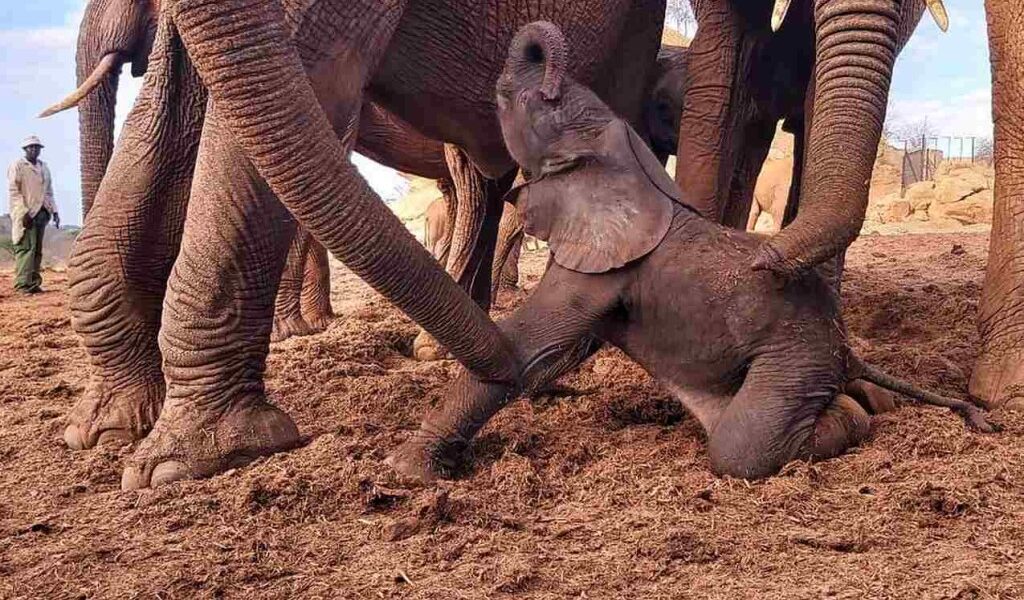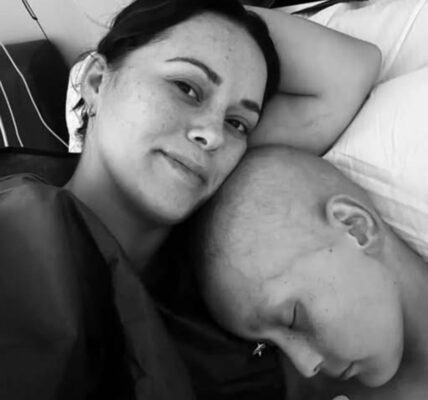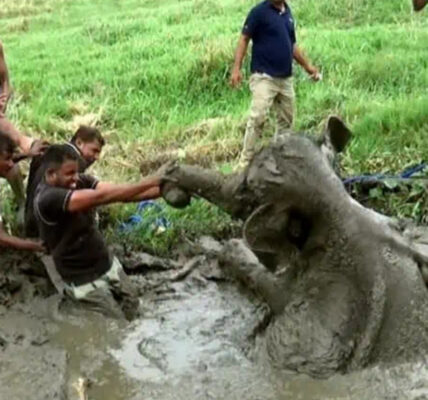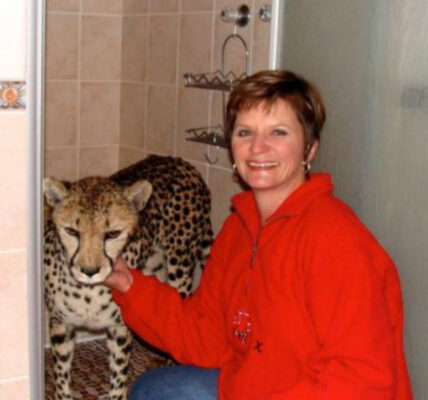For the first time in eight years, the orphan herd at Kenya’s Sheldrick Wildlife Trust welcomed a new infant elephant—and the celebration that followed was nothing short of extraordinary.
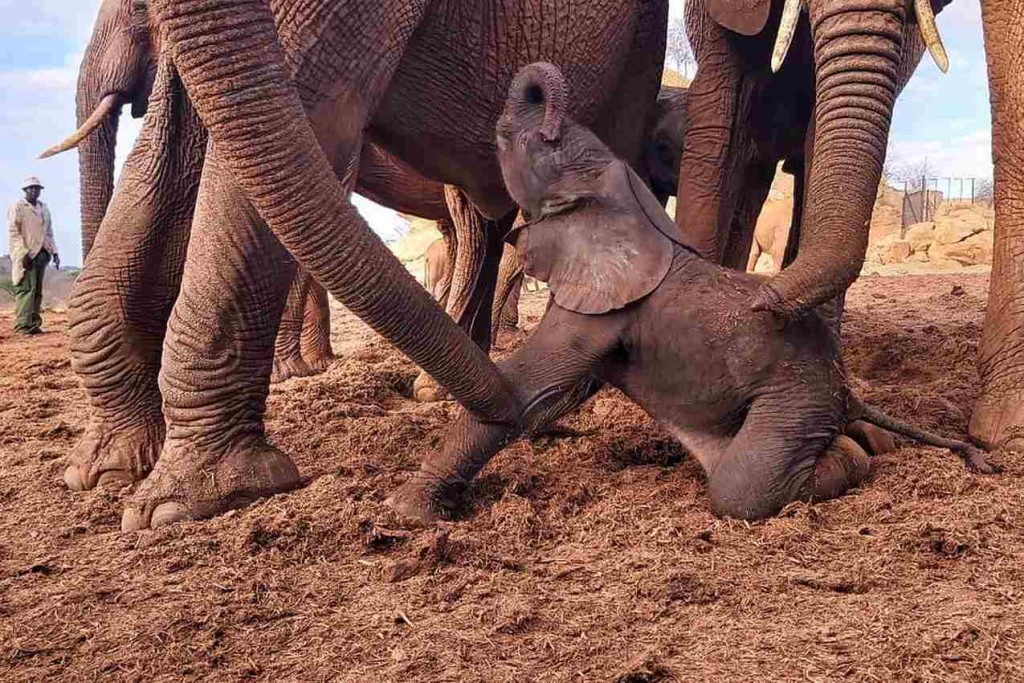
Elephants are known for their grand displays of joy when a baby arrives, but this herd of former orphans took it to a whole new level. Over the years, a time-honored tradition has formed: mothers who were once raised at Sheldrick often return to the Trust’s stockades shortly after giving birth, eager to show off their newborns to the people who cared for them. It is a touching reunion, a reminder of the bonds between humans and elephants, forged through years of nurture, patience, and understanding.
Staff at Sheldrick had only witnessed a birth once before—days before Christmas 2014, a mother delivered her second daughter just outside the Voi stockade. But early on the morning of October 29th, the herd’s keepers were about to experience something unforgettable.
As the first rays of the sun stretched across the dry Kenyan landscape, wild elephants and the Trust’s orphans gathered outside the Ithumba stockades, a familiar routine during the dry season. Head Keeper Benjamin, making his rounds, suddenly heard a loud commotion—trumpeting, flapping ears, and a flurry of movement among the elephants. Something had arrived.
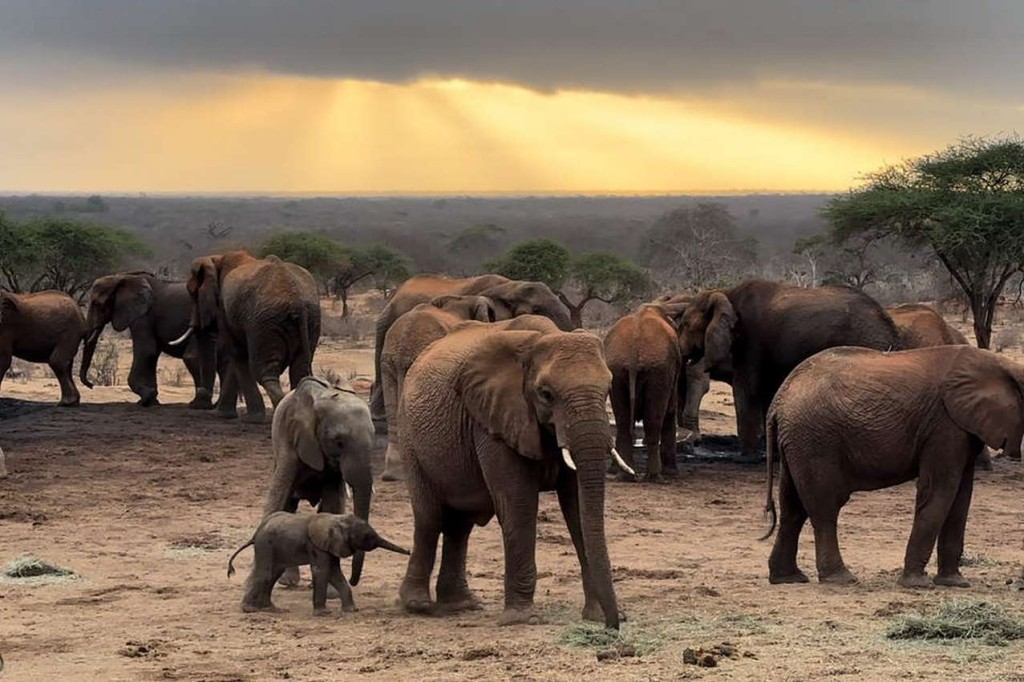
In the midst of the herd, something lay on the earth. The wild bulls bolted, ears flapping, startled by the new arrival. Even the older females, usually calm and composed, seemed taken aback. Benjamin’s eyes widened as Melia, Loijuk, Kinna, Kitirua, Kalama, and Olare rushed over. There it was: a newborn elephant, still partially enveloped in a white placenta. Melia, the young mother, had given birth.
Melia herself had been an orphan, found at just eleven months old in Tsavo East National Park. Taken into the Sheldrick herd, she had thrived both under human care and in the wild. Yet, despite her strength and confidence in many areas, motherhood was entirely new to her.
“In fact, Melia was as surprised as we were to find herself a mother,” the Trust shared. At first, she stared at the tiny baby, unsure of what to do. That is when the herd’s more experienced females stepped in. Loijuk took charge, gently using her front legs to lift the newborn to his feet. Meanwhile, the bulls watched, bewildered, as this quiet, tender scene unfolded.
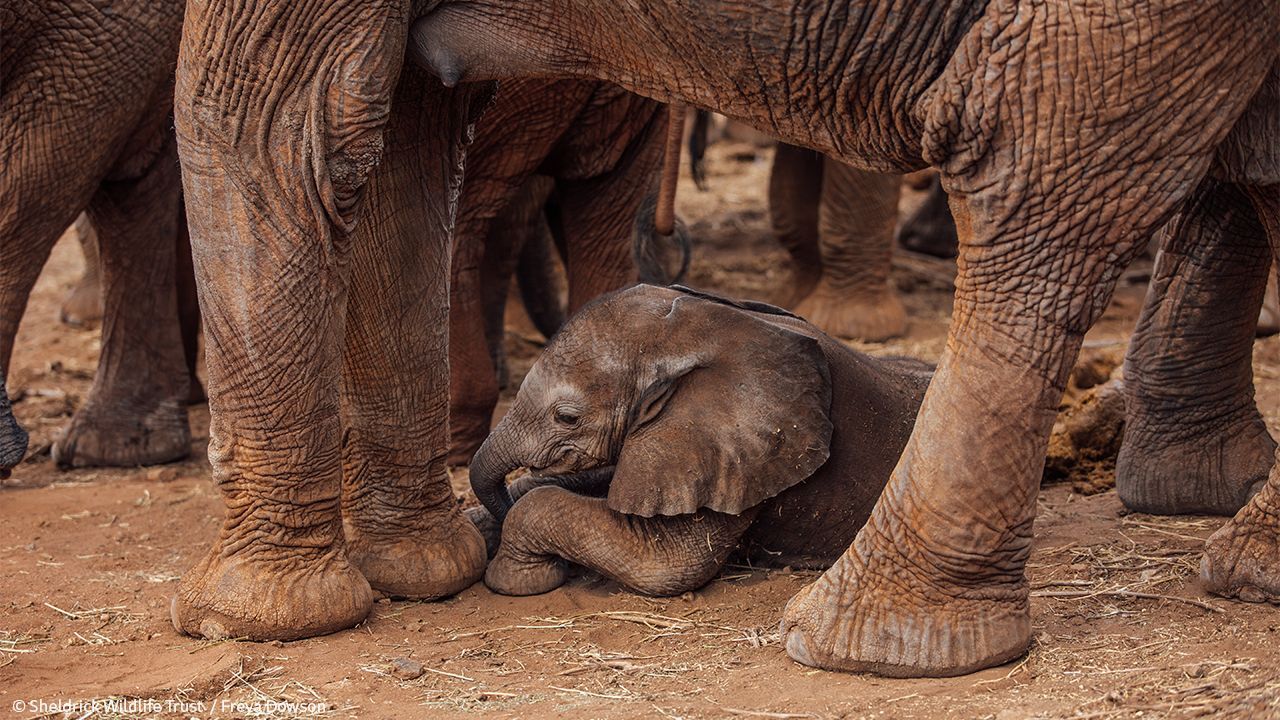
Loijuk’s guidance seemed to awaken Melia’s instincts. She slowly wrapped her trunk around her baby, guiding him toward her side to nurse. It was awkward at first, and it took several attempts to figure out the best way to lower herself so he could feed. But by midday, she was beginning to find her rhythm, embracing her new role with growing confidence.
“Just like humans, some elephants are naturally more nurturing than others,” the Trust explained. “Melia had never shown much interest in babies. Even as a young adult in the wild, she had never taken on the role of a nanny. Yet here she was, learning, adapting, and slowly becoming the mother her calf needed.”
The newborn was named Milo, meaning “beloved,” and he became the 53rd elephant born to the Sheldrick orphan herd. His arrival is not just a cause for celebration—it is a reminder of resilience, of care passed down through generations, and of the unbreakable bonds forged between humans and elephants. Soon, Milo will be available for “adoption” through Sheldrick’s website, where donations continue to support the herd’s care, ensuring these remarkable animals thrive in the wild.
For Melia, Milo, and the herd, the morning had been more than a birth—it was a testament to patience, guidance, and the power of a community that never forgets its own.
